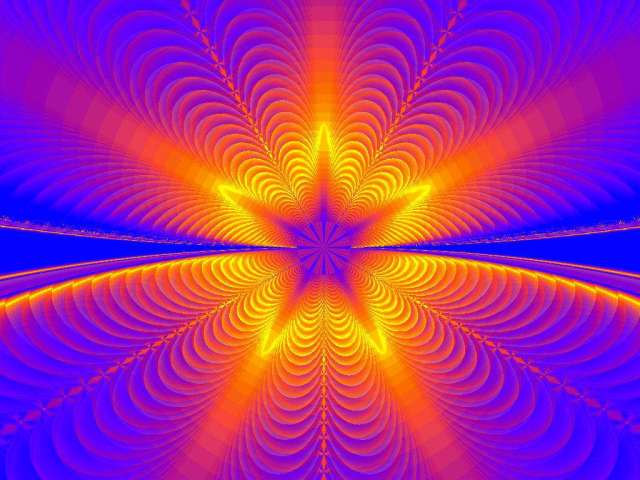If we immerse ourselves in the development of human souls, we shall find in the course of these lectures, that human souls have already lived many times upon the physical plane, and that they gradually developed, until they reached the present stage, At first, this may sound strange, yet during past lives our souls have frequently heard the deep truths which will be explained in today’s lecture.
The teaching of reincarnation will, for instance, be advanced; but your souls have listened, as they are listening to me now, to the Druids who lived and taught particularly in this region (Kassel-Germany). These druidic teachers of ancient times (The earliest sources that speak of Druids date from the 3rd century BC. – Wikipedia) already taught the truth of reincarnation to a smaller circle; they cultivated this primordial wisdom concerning the riddles of life. They went out to those whose souls thirsted for a deeper knowledge. But if these teachers of ancient times had spoken as I am speaking to you now, your souls could not then have understood them, for at that time the human spirit had not yet reached the present stage of development. Logical thought did not as yet exist in the human spirit. Man possessed instead the possibility of grasping truths in the form of images. These teachers therefore spoke in the form of images, and these images are known to us to-day in the form of legends and myths. If in the past our souls had not heard these teachings, we could not understand the spiritual truths to-day, when they are taught to us in a new form.
The soul thus makes enormous progresses through thousands of years; it continually takes on a new shape and therefore truth must be presented in a constantly new form; it must ever again be proclaimed anew.
Source: Rudolf Steiner – GA 100 – Theosophie and Rosicrucianism – Kassel, 16 June 1907
https://rsarchive.org/Lectures/GA100/English/ANS1942/19070616p01.html


Kassel – Germany







